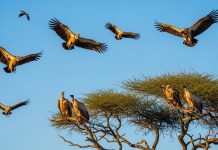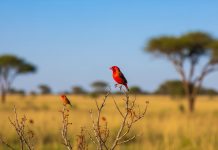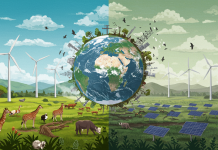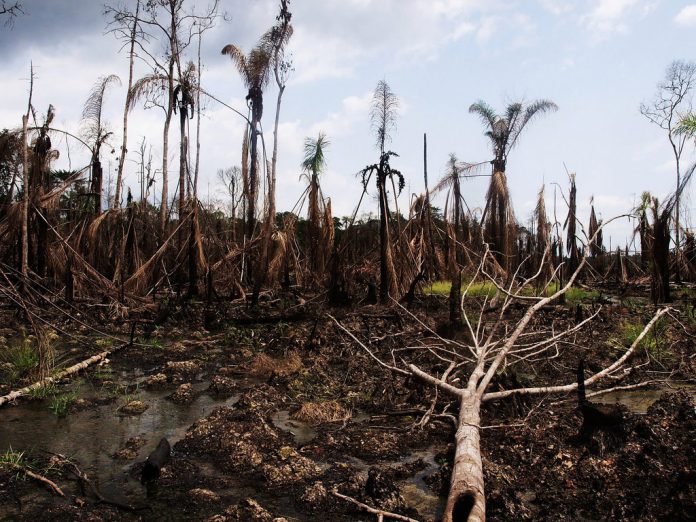The Federal Government of Nigeria says it has commenced remediation exercise in 16 sites affected by oil pollution, across the four local government areas in Ogoniland. The immediate past minister of environment, Suleiman Hassan Zarma, made the announcement on behalf of the Federal Government in Abuja during his valedictory press briefing and presentation of the ministry’s four-year achievement.
In 2016, President Muhammadu Buhari launched the clean up of Ogoniland as recommended by United Nations Environment Programme (UNEP), resulting in the set up of a new Hydrocarbon Pollution Remediation Project (HYPREP).
According to Zarma, that federal government handed over the clean-up of additional five sites to contractors approved by the Federal Executive Council (FEC) last month.
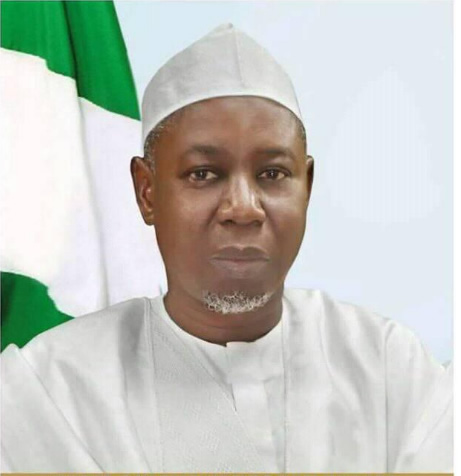
He said that federal government started sensitisation and engagement of communities and stakeholders in all the local government areas since 2016 and that over 21,000 patients were treated through community health outreaches.
“Scooping/delineating of phase 1 remediation sites are ongoing while procurement for phase II remediation have fully commenced,” he noted.
While stating that water facility inventory, sampling and surveys were ongoing in partnership with RSG, he pointed out that the process of rehabilitation of existing water facilities has commenced in Ogoni land.
He described the flag-off of the Ogoniland clean-up exercise as unprecedented feat that heralds President Buhari’s determination to restore and maintain the ecosystem, ecological process and preserve biodiversity in Nigeria.
Zarma hinted that NESREA has issued about 804 air quality, waste and toxic substances permit as well as 14 eco-guard certificate to various industries and facilities. He disclosed that the agency developed one additional regulation on healthcare waste control which has been transmitted to the Federal Ministry of Justice and gazetted as a national environmental regulation. The minister disclosed that PMB – led administration under the ‘Change’ mantra has recorded significant progress in securing a quality and conducive environment by promoting the sustainable use of natural resources, likewise in the development of programmes that affect the environment.
He stated that Nigeria was championing the fight against illegal wildlife trade in the West African region, a situation that led to the development of a West African Strategy on Combating Wildlife Crimes (WASCWC). According to Zarma, this would be presented at the Conference of Parties (COP) 18 of Convention on International Trade in Endangered Species of Wildlife Flora and Fauna (CITES).
Zarma added that the ministry has developed National Forest Investment Programme (NFIP), expected to run from 2019 to 2023, adding that CITES has consistently served as key revenue earner for government. On the activities of Forestry Research Institute of Nigeria (FRIN), he emphasised that about 10 indigenous tree species were planted on 834.6 hectares of land in 2018 through the National Afforestation Project (NAP). He pointed out that the institute has commenced research into biotechnological approach to mass production and multiplication of endangered and economic tree plant.
He revealed that the National Oil Spill Detection and Response Agency (NOSDRA) has embarked on routine review and activation of the National Oil Spill Contingency Plan (NOSCP), Regional Oil Spill Contingency Plan (ROSCP) and Facility’s Oil Spill Contingency Plan (OSCP). He said that NOSDRA’s laboratories were currently renovated for effective regulation and certification of polluted sites.
The minister informed the gathering that the National Agency for the Great Green Wall (NAGGW) had produced 4,145,070m assorted forest and fruit tree seedlings for various afforestation, land rehabilitation and restoration projects in the front line states. Great Green Wall is an African Union Initiative covering 11 frontline states of Borno, Yobe, Adamawa, Bauch, Gombe, Jigawa, Kano, Katsina, Zamfara, Sokoto and Kebbi, with focus on afforestation and land restoration.
While stating that NAGGW established 389.96km shelterbelt and 293ha community woodlots, he said it developed a robust framework for the promotion of alternative livelihoods in the frontline states, expected to serve as incentive for community ownership of afforested land. He disclosed that Nigeria Erosion and Watershed Management Project (NEWMAP) supported the development of a framework for adoption of Liquefied Petroleum Gas (LPG) as low carbon alternative to firewood and kerosene. This was aimed at reducing environmental pollution from use of kerosene, likewise to curtail felling of trees used as firewood, noting that NEWMAP started with six participating states at inception and has extended to 21 participating states, Zarma said.
The NEWMAP is a World Bank-assisted project aimed at addressing gully erosion crisis in the south-east and land degradation in the north.
Also speaking at the event, the permanent secretary in the ministry, Mrs Ibukun Odusote, commended Zarma for securing notable accomplishments in climate change issues, including improved access to Global Environmental Facility (GEF), the issuance of Sovereign Green Bond and among others.
She stated that the minister also initiated various environmental policies and programmes targeted at addressing environmental pollution, land degradation, biodiversity and efficient framework for the effective management of the environment. Odusote commended Zarma for addressing various ecological challenges facing different parts of the nation as well as his commitment towards ensuring the establishment of shelterbelts across the country to protect desert encroachment and desertification.

